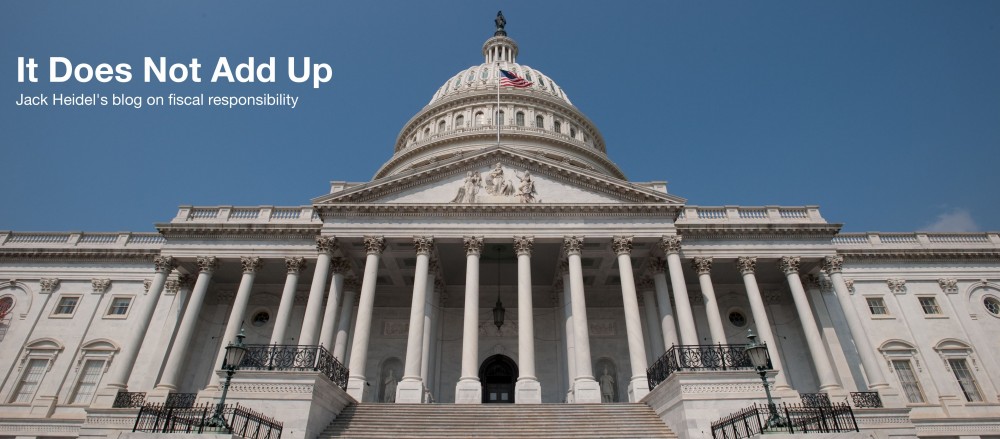The social scientist and American Enterprise Institute scholar, Charles Murray, has an interesting article in yesterday’s Wall Street Journal, “A Guaranteed Income for Every American,” Mr. Murray proposes a Universal Basic Income (UBI) with the following features:

- Every American citizen age 21 and older would get a $13,000 annual grant deposited electronically into a bank account in monthly installments. $3000 would be applied towards health insurance.
- UBI is financed by eliminating all other welfare programs: Social Security, Medicare, Medicaid, food stamps, housing subsidies, aid for dependent children, etc. as well as agricultural subsidies and corporate welfare.
- People can make up to $30,000 a year without losing any part of the grant. Above $30,000 in earned income, the grant decreases to $6500 when the income reaches $60,000. The $6500 retained by all compensates for losing Social Security and Medicare.
- The overall cost of UBI will be $200 billion per year less than the current system. By 2020 UBI would be nearly $1 trillion per year cheaper.
On the other hand, there are at least two possible drawbacks to the Murray plan, as discussed recently by Eduardo Porter in the New York Times:
- It would probably discourage work. Right now 80% of Americans in their prime working years, 25 – 54, are employed. Work is not just what people do for a living, it organizes people’s lives. Making work more optional would impair this basic social structure.
- A UBI divorces assistance from need. For example, a housing voucher could lead a family to move to a better neighborhood. A basic monthly income would probably not.
- More generally, a single parent with several children would be strapped to get by for $10,000 per year without any additional welfare assistance. We can’t let the kids starve.
Conclusion: UBI appears to be an attractive way to simplify our vast welfare system and would save a significant amount of money (always important). But the poor would not be well served. There are better ways to reform our public assistance programs.

Jack,
I like the concept. The initial problem I see would be with the person who was not born with basic proficiencies. i don’t necessarily think that the matter of people not working would be as significant if the hardest or dirtiest jobs would have a leveling force somehow. Also not everyone starts at an equal place, some are late bloomers, how would they be fostered in educational or job opportunities because of the trend of changing jobs and professions?
As you know I am most suspect of Charles Murray because of his misreading of people of color in matters of intelligence. His book “The Bell Curve” was so terribly social scientifically flawed because of his prejudices. It is a good topic. I am glad you exposed it to me.
Doug
The idea of a universal basic income is probably ahead of its time. If and when robots put lots of people out of work, it may become a more timely idea. A UBI isn’t enough to destroy the work incentive but would be very helpful for those who don’t have the education or skills to find a job.
Jack,
Actually President Nixon floated the ideas when he was president. It would have to be closely monitored for some at the first. We had such a program for teenager mothers on the Omaha Indian Reservation in the mid-seventies.
Doug